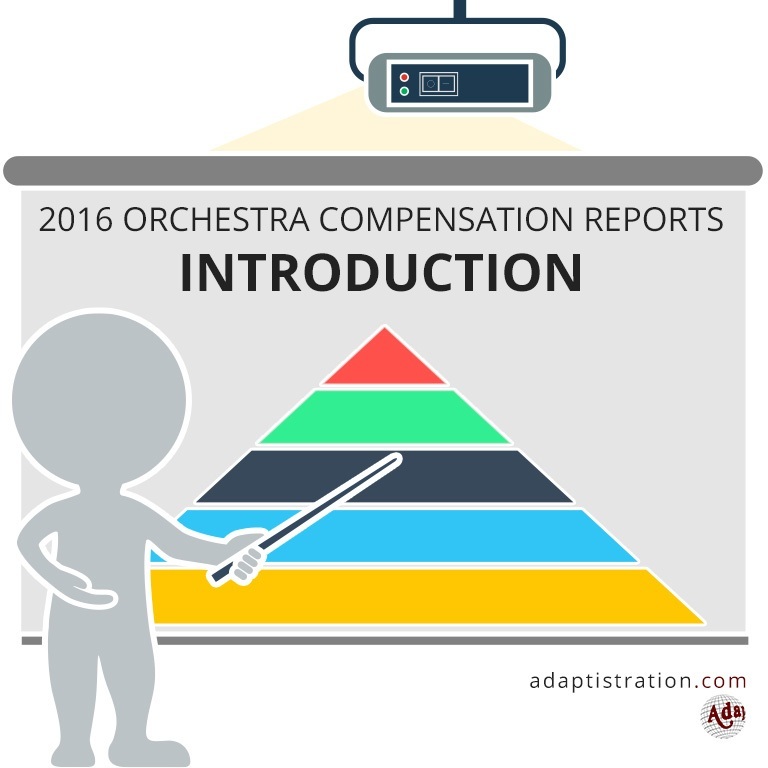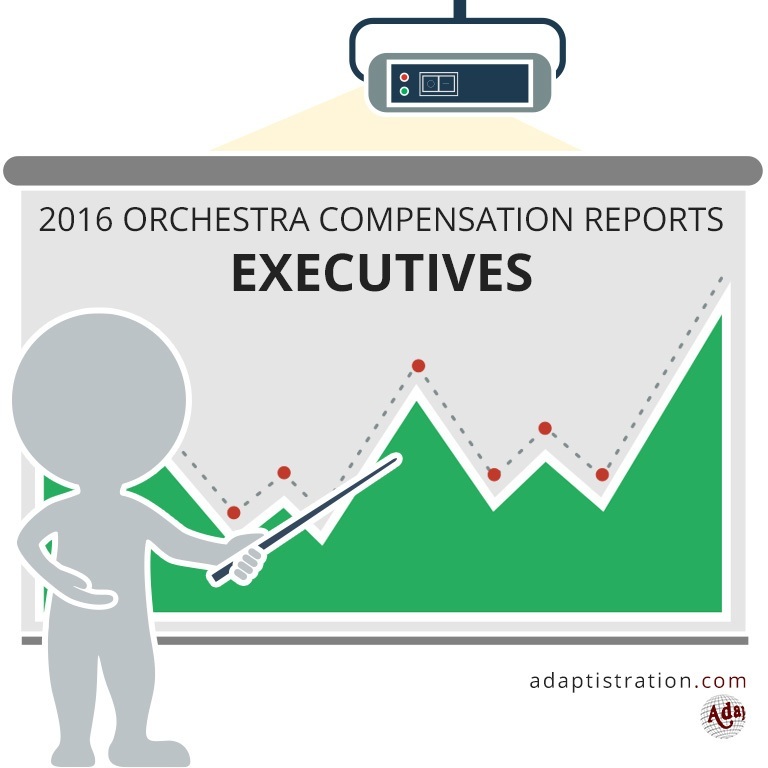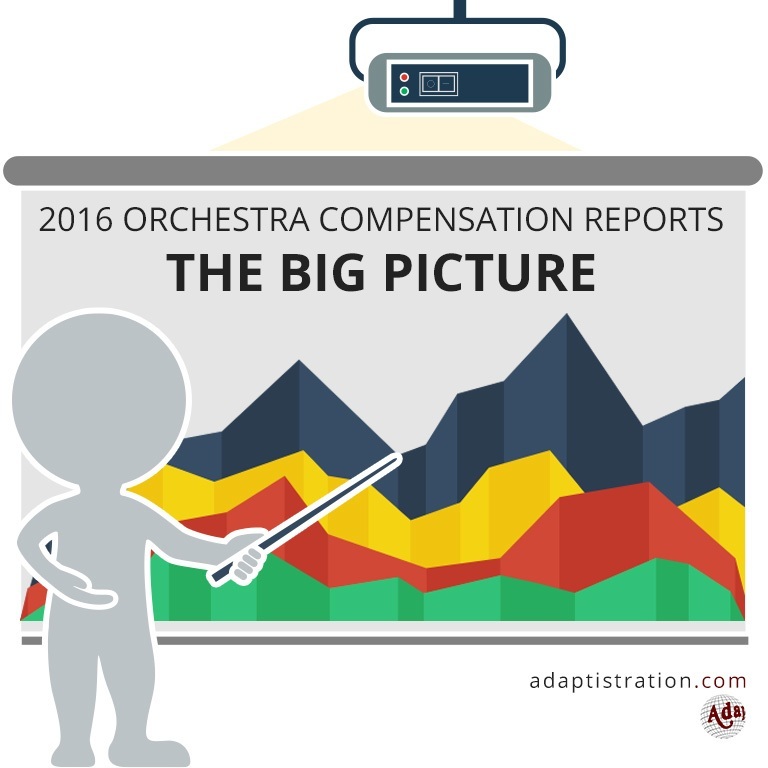 Toward the end of last week, a pair of articles triggered by this year’s Orchestra Compensation Reports emerged at two traditional media outlets: The Cleveland Plain Dealer and Houston Chronicle. Both articles approached the topic by comparing national trends to what was going on at their local orchestra.
Toward the end of last week, a pair of articles triggered by this year’s Orchestra Compensation Reports emerged at two traditional media outlets: The Cleveland Plain Dealer and Houston Chronicle. Both articles approached the topic by comparing national trends to what was going on at their local orchestra.
What was especially wonderful to see is that both authors spent a portion of the articles examining why nonprofit organizations are required to report these compensation levels. They observe the value transparency offers and how it provides an orchestra’s donors and supports with necessary information to begin making meaningful comparisons (which isn’t always as straightforward as it sounds).
The 7/7/2016 Cleveland Plain Dealer article by Zachary Lewis introduces the concept nicely.
Don’t feel badly taking an interest in Cleveland Orchestra compensation figures. There’s nothing impolite or unseemly about it.
On the contrary. Keeping tabs on the incomes of Cleveland’s musical luminaries is actually important business, a critical mechanism in the system of public funding for the arts.
Lewis also covers a component often overlooked when discussing compensation levels in the form of cost of living and expenses some stakeholders are required to shoulder (such as the enormous instrument related cost of ownership expenses for concertmasters).
The 7/8/2016 Houston Chronicle article by Colin Eatock similarly focuses on the value of transparency and how non-quantitative aspects can impact compensation decisions, such as cachet value.
There’s also the value of reputation. Van Zweden, a 55-year-old Dutchman, had an impressive career as a violinist – he was the youngest concertmaster ever to play in Amsterdam’s famous Royal Concertgebouw Orchestra – before he turned to conducting in 1997.
I would be remiss if I didn’t point out the Get Smart reference in Eatock’s article, which may be the first time a 60’s era spy-comedy television genera cultural reference was aptly applied to orchestra compensation (reference link added).
Every year, Chicago-based arts consultant Drew McManus raises the cone of silence on conductors’ salaries in the U.S. His annual findings, which come from IRS 990 forms, are always keenly studied by people in the music business.
Outstanding.



“cache value” — oops!
a cache (pronounced “cash”) is a hiding place (a squirrel might have a cache of nuts, or an army a cache of arms), or in computing, a temporary storage space (“memory cache”)
“Cachet” (pronounced ca-SHAY) is panache or prestige (“the value of a conductor’s cachet can affect compensation”)
“cash,” of course, is money, as in the common phrase “cash value” 🙂
=======
Edits aside, thank you for sharing so much good information. I serve on the board of a performing ensemble, and I’m always looking for ideas and information to help us succeed.
And auto-spell cares nothing about those differences.